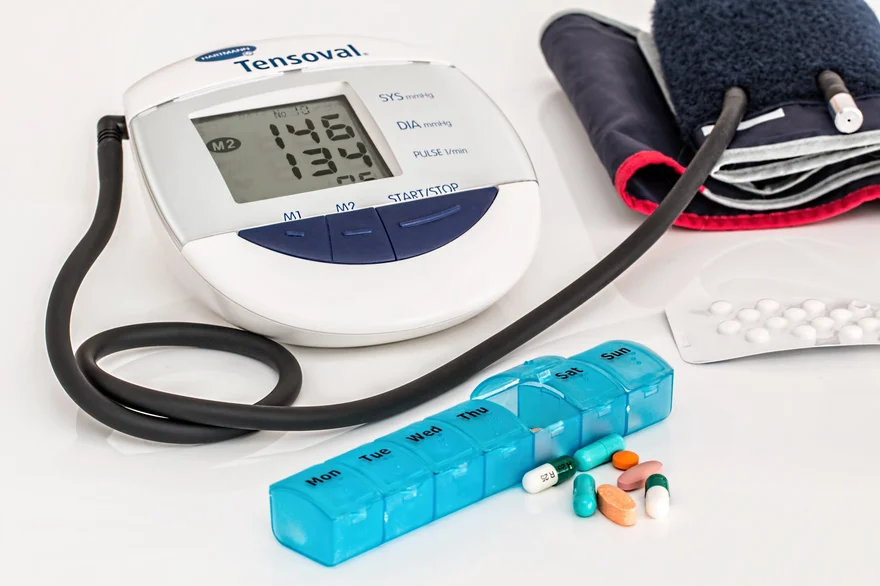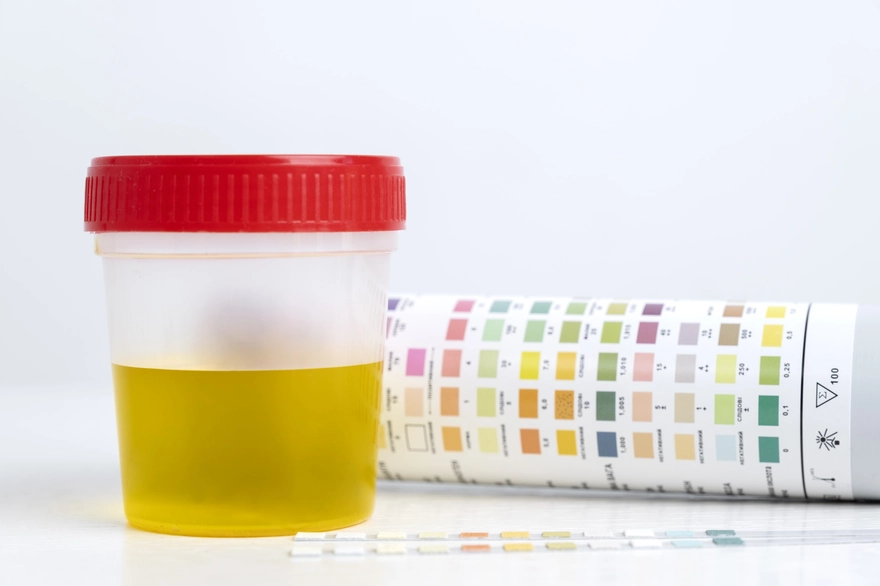Preventive Healthcare
Cancer Antigen 125 (CA 125) Test : Normal Range, Uses & Procedure
14119 Views
0

What is a CA 125 Test?
A CA 125 test serves as a vital diagnostic method that primarily focuses on the reproductive system of women. This blood test is specifically designed to measure the protein levels known as CA 125 within the body. CA 125 is predominantly produced by cells found in the ovaries and the uterus lining, although it can also be present in other body parts.
The primary objective of the CA 125 blood test is to screen for and monitor a range of medical conditions, with a central emphasis on the detection of ovarian cancer. If you have a family history of ovarian cancer or are experiencing symptoms such as persistent abdominal pain, bloating, changes in bowel habits, or unexplained weight loss. In that case, your doctor may recommend this test to either exclude or diagnose the presence of the disease. Furthermore, the CA 125 blood test can be utilised for tracking the progress of ovarian cancer treatment or to detect any potential recurrence.
However, it is essential to understand that CA 125 levels can also be elevated for reasons unrelated to cancer, such as menstruation, pregnancy, or non-cancerous conditions like endometriosis or ovarian cysts. So, a single elevated CA 125 test result does not necessarily indicate cancer.
What cancers does CA 125 detect?
The CA 125 test is primarily used to detect ovarian cancer. High serum CA 125 levels may also be linked to other cancers such as cervical cancer, cancer of the fallopian tubes, pancreatic cancer and breast cancer in some cases.
When Should the CA 125 Test be Done?
Determining the optimal timing for a CA 125 test is a decision that depends on your circumstances.
For women who possess a heightened risk of ovarian cancer, doctors may recommend a cancer antigen 125 test every 6 to 12 months, depending on the symptoms. Routine screening using the CA 125 test is generally not advocated for individuals with lower risk profiles. If in doubt, you should consult a gynaecologist who can assess your condition and decide whether a CA 125 test is warranted based on your specific symptoms and risk factors.
Who Should Get a CA 125 Blood Test?
A CA 125 test is generally recommended for women who have inherited mutated genes for ovarian cancer like BRCA 1 and BRCA 2 or who have persistent symptoms of ovarian cancer such as abnormal vaginal discharge, loss of appetite and discomfort in the pelvic region, among others. For women already diagnosed with ovarian cancer and undergoing treatment, a CA 125 test can be beneficial to check if the treatment procedure is working or not. Moreover, doctors may also prescribe this CA 125 blood test for ovarian cysts.
How is the CA 125 Blood Test Done?
The CA 125 blood test is a straightforward procedure. A phlebotomist will draw a small blood sample from a vein in your arm. This sample is then sent to a laboratory, where CA 125 protein levels are measured. You can quickly expect the results after the laboratory analysis within 24 to 72 hours.
Are There Risks to a CA 125 Blood Test?
A CA 125 blood test is generally safe, with minimal risks. The most common concern is the possibility of false positives or negatives, leading to unnecessary stress or delayed diagnosis. In rare cases, the blood draw may cause mild bruising or infection.
How Common Are False Results?
Experiencing false results in a CA 125 blood test is relatively common. While it is a valuable diagnostic test, factors like menstruation, pregnancy, or non-cancerous conditions like Ovarian Hyperstimulation Syndrome can elevate CA 125 levels, leading to false positives. Conversely, this test may produce false negatives, especially in the early stages of ovarian cancer. Therefore, your doctor can consider various factors to ensure accurate interpretation, and additional tests may be needed for confirmation.
What is a Good CA 125 Test Result?
The interpretation of a good CA 125 test result depends on your unique health history, symptoms and risk factors. The normal range of the CA 125 test is generally considered to be within 0- 35 units per millilitre (U/mL). However, it is essential to note that even if a person has a normal value of CA 125 in their serum, it does not necessarily guarantee the absence of ovarian disorders or cancer.
What Do The Results of a CA 125 Blood Test Mean?
The normal range of CA 125 in females typically falls below 35 units per millilitre (U/mL). What is considered a high CA 125 value or a CA 125 ovarian cancer range depends on your age, menstrual status and the presence of other conditions such as Endometriosis, Pelvic Inflammatory Disease, etc.
So, what is a dangerous CA 125 level is not universally defined. However, significantly elevated levels, especially above 200 U/mL, can be concerning and need further investigation for potential ovarian cancer. It is ideal to keep in mind that high CA 125 levels do not solely determine cancer diagnosis; additional tests and comprehensive medical assessment are essential for accurate conclusions.
What is The Follow-up to The CA-125 Blood Test?
Following a CA-125 blood test, your doctor will assess the results with your medical history and symptoms. If levels are elevated, further diagnostic tests, such as imaging or biopsies, may be recommended to determine the cause of a high CA 125 test value.
Conclusion
A CA-125 test is a valuable diagnostic procedure to monitor ovarian health and identify the presence of ovarian disorders, including cancer. While elevated CA 125 levels may raise concerns, they do not conclusively indicate cancer and what level of CA 125 indicates cancer cannot be accurately determined. Therefore, it is necessary to consult with a gynaecologist for comprehensive care. If you want accurate and affordable insights into your reproductive health, get yourself tested with an at-home collection service by Metropolis Labs, a leading name in cutting-edge diagnostics and pathology services. Book your slot today!























 WhatsApp
WhatsApp